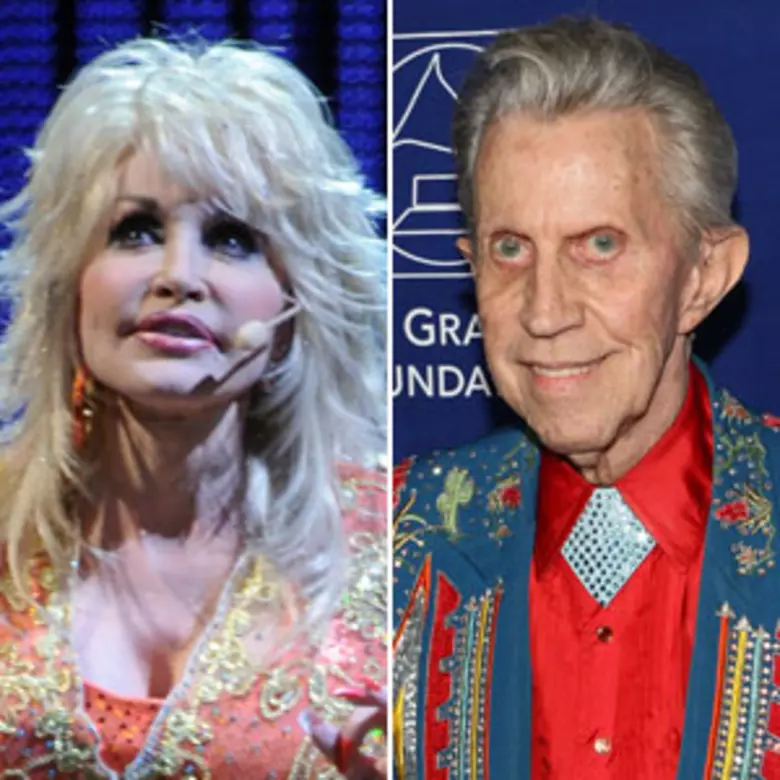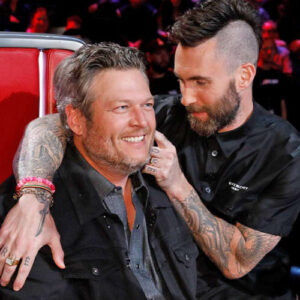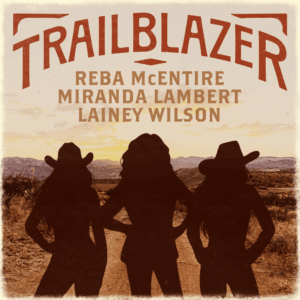A Lawsuit & Personal Quarrels: Behind Dolly Parton’s Complex Relationship With Porter Wagoner
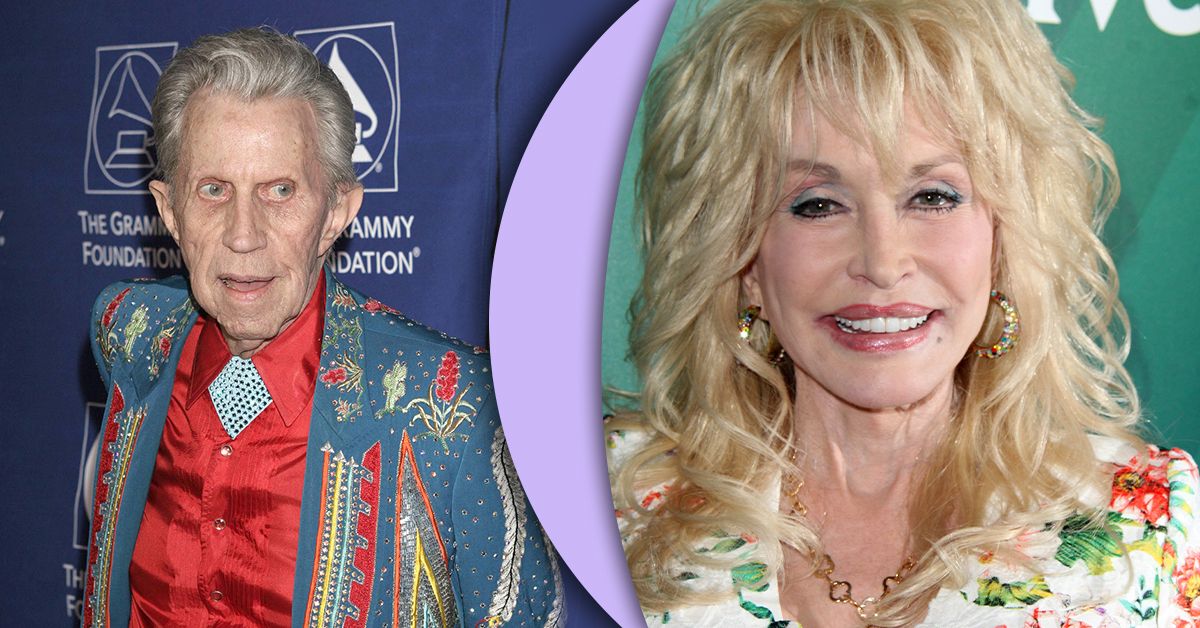
Dolly Parton’s journey in the music industry is intricately intertwined with her collaboration with Porter Wagoner. Their partnership began on “The Porter Wagoner Show,” a television program that played a vital role in launching Parton’s illustrious career. However, the dynamics of their relationship were not solely professional. The duo faced significant personal and artistic challenges, particularly as their careers evolved and diverged over time.
The Genesis of Their Partnership

Parton first appeared on Wagoner’s show in 1967, marking the start of a formidable partnership that brought them fame and recognition. Wagoner, already an established country music star, took Parton under his wing, helping to cultivate her unique talent. Their collaboration was characterized by chemistry and charm, and they quickly became known as one of country music’s favorite duos. Hits like “From Porter with Love” and “The Right Combination” showcased their vocal harmony and deepened their bond.
However, as with many artistic relationships, their initial camaraderie began to show cracks. As Parton’s star began to rise, so did tensions between the two artists. Both ambitious and strong-willed, they found themselves struggling to navigate the complexities of their professional partnership, leading to personal disputes as well.
Creative Differences and Rising Tension
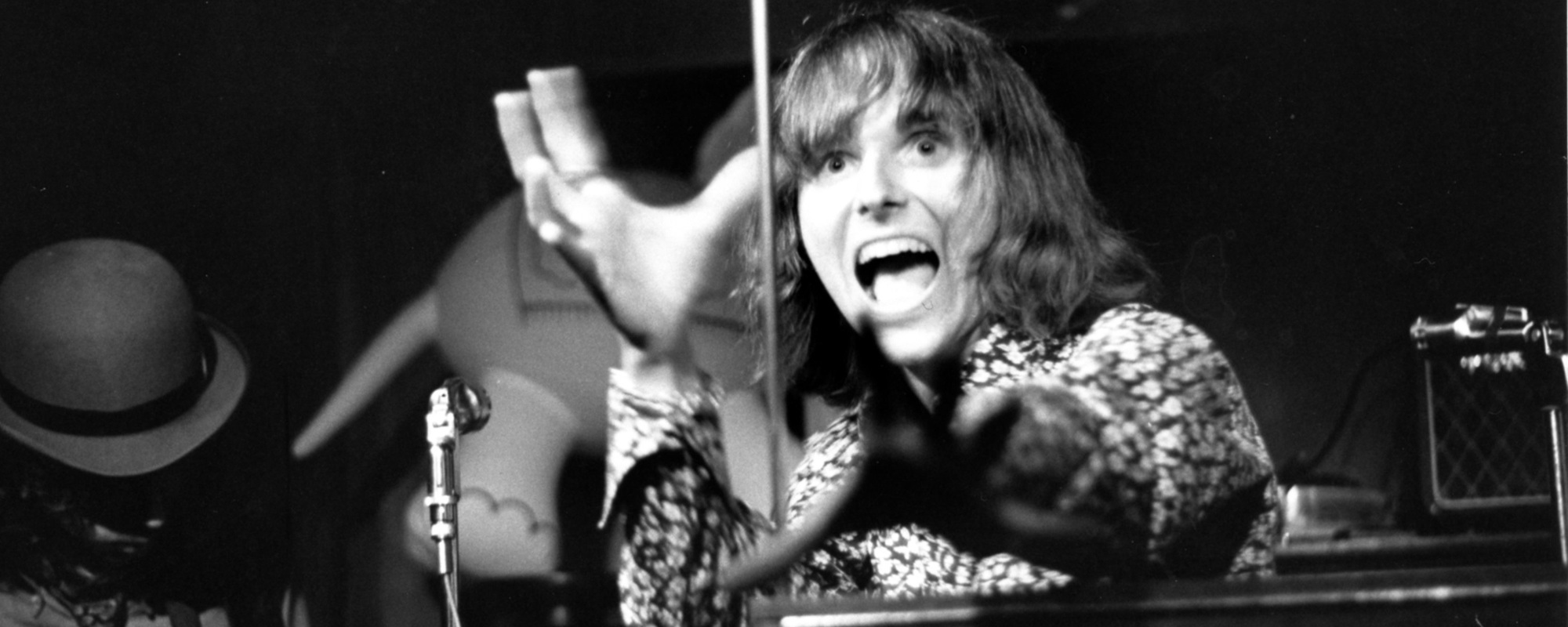
Throughout the early 1970s, their relationship started to sour. Parton described it as a situation where “we just got to where we argued and quarreled about personal things.” As two passionate artists, their clashes were often fueled by their similar personalities and differing visions for their careers. While Wagoner saw himself as a mentor and a key figure in Parton’s rise to fame, she began yearning for independence and the chance to establish her brand in the music world.
This tension culminated in 1974 when Parton made the difficult decision to leave Wagoner’s show. The split was not amicable, as it marked the end of an era while paving the way for Parton’s solo career, including her breakout hit “Jolene.” Despite her profound respect for Wagoner’s influence, her desire to pursue her artistic goals led to significant friction.
The Lawsuit and Its Aftermath
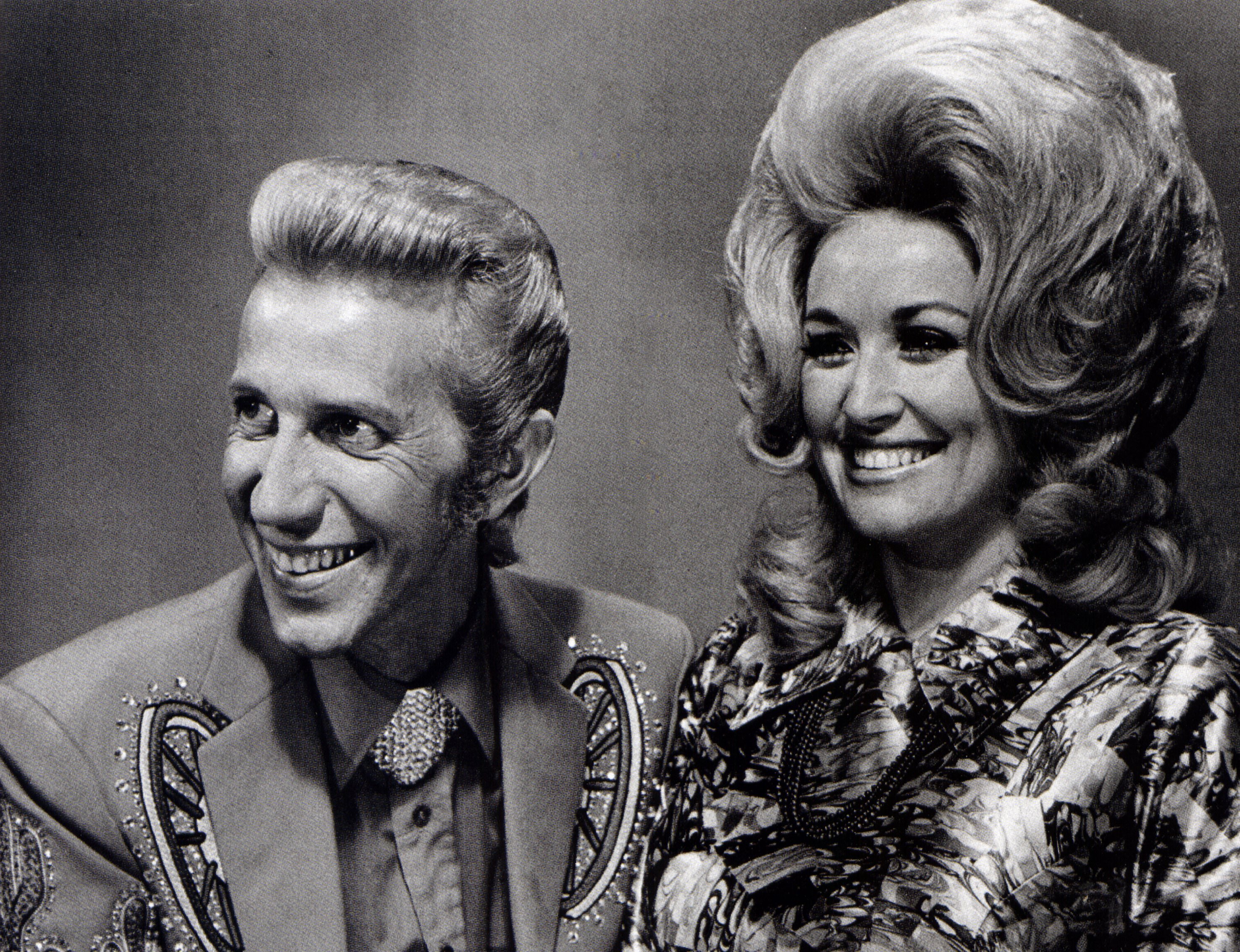
The complications did not end with their professional separation. In 1979, Wagoner filed a lawsuit against Parton, claiming he was entitled to a portion of her earnings for life based on their partnership. Wagoner believed that he had played an invaluable role in shaping Parton’s career trajectory, and he sought compensation for his contributions. Faced with a potential legal battle, Parton opted to settle the case for approximately one million dollars, a figure she viewed as a necessary compromise to maintain her freedom as an artist.
Reflecting on this tumultuous period, Parton stated, “I made up my mind that if he could live with it, I could live without it.” This sentiment highlighted her determination to move forward and build her own legacy, despite the lingering emotions connected to Wagoner.
Enduring Affection and Impact
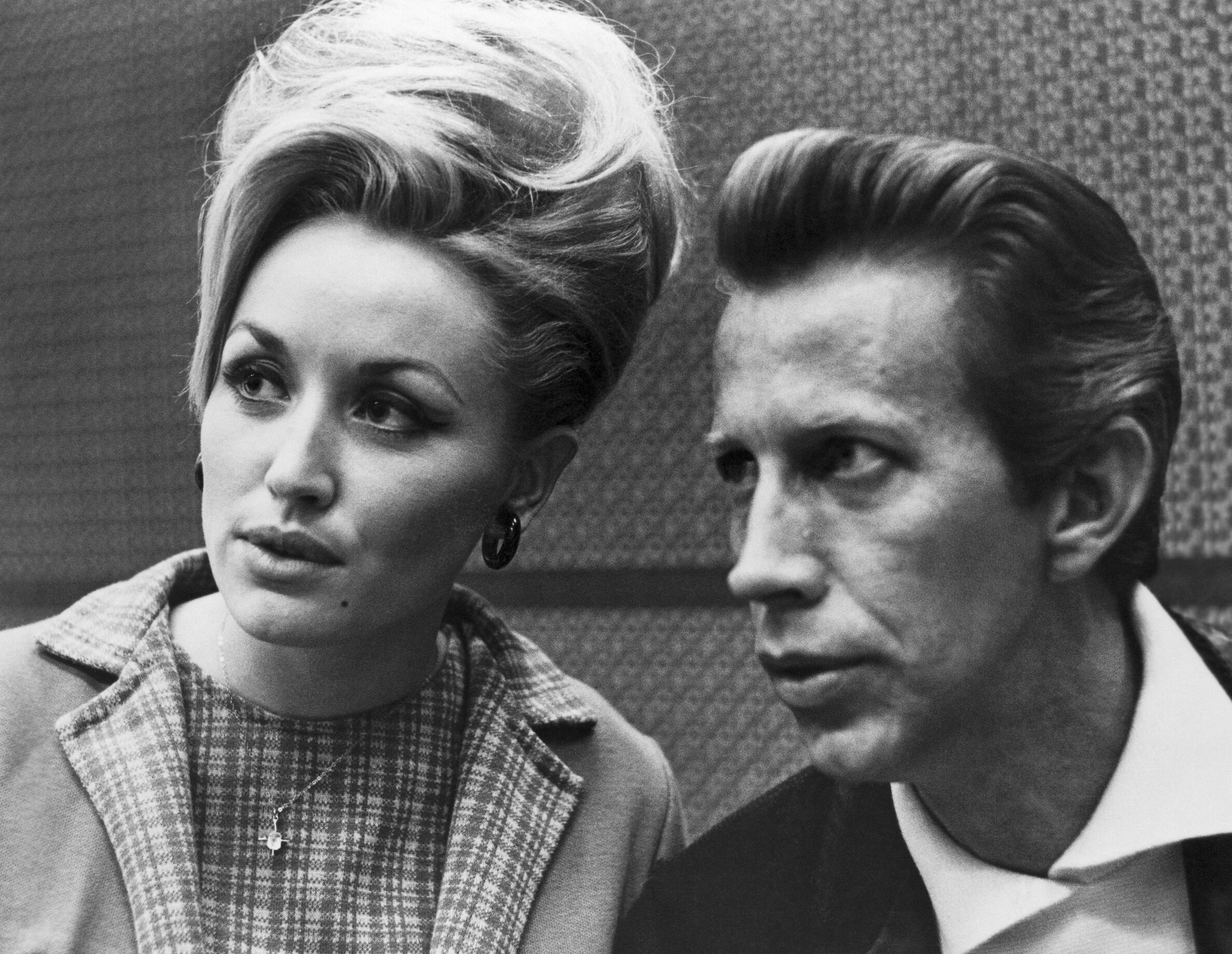
Despite the lawsuit and their disagreements, Dolly Parton has often expressed a sense of fondness for Porter Wagoner. In many ways, their complex relationship laid the groundwork for her success, serving as both a stepping stone and a point of conflict. Her enduring love for her mentor, despite the challenges they faced, is encapsulated in her iconic song “I Will Always Love You,” which speaks to themes of gratitude and enduring connections.
Parton’s perspective on their relationship reflects a balance of respect and resilience. She often acknowledges the impact that Wagoner had on her life and career, recognizing that the emotional ties they shared continue to shape her views. As they both moved on to successful careers, the legacy of their time together remains a poignant chapter in Parton’s story and a symbol of the complexities within the music industry.
Ultimately, the narrative of Dolly Parton and Porter Wagoner serves as a reminder of the intricate dynamics of partnerships in creative fields. Their relationship is steeped in both struggle and gratitude, showcasing the dualities of ambition and affection that define many artist collaborations in a competitive landscape.
As fans continue to explore their music and histories, it becomes evident that the tale of Parton and Wagoner is one of enduring significance in country music lore.
